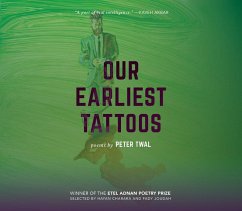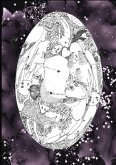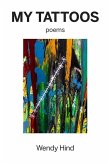Because of the intense connection we feel with music, we can remember song lyrics even when we have forgotten the details of our personal lives--even when all else fails, a song can transport us back. In this sense, a song is capable of suspending time. Drawing on this perspective, Peter Twal's playful, inventive, and wickedly sentimental debut collection takes a set of song lyrics (LCD Soundsystem's "All My Friends") and treats them as an artifact of memory itself, blurring the line between self and other, between past and present. Each poem in Our Earliest Tattoos acts as a passageway from one lyric in the song to the next--the author pries these lyrics open like doors and builds whole rooms between them. As readers progress through the house he builds, they hear the song as the soundtrack to their discoveries: in one room, of party leftovers, and in another, an exploding museum of natural history. Like memory, the characters in these poems are both present and absent. Sustained by smart phones, they are in constant communication despite always seeming to have just left the room. In one poem, the lonely Mars rover thumbs constantly through pictures on its phone; in another, Death trades in his scythe for a cell phone he uses throughout the book to send disquieting text messages. God, too, is text-happy--when the speaker asks, "Does the universe even care?" God texts back to say, "Don't forget the twelve / bucks you owe me this year." Wise, funny, and wholly original, the long-lined sonnets that make up Our Earliest Tattoos celebrate the surreal, embracing the nature of memory as fragmented--as is visible in the fractured nature of the lines--and inherently bizarre.
Bitte wählen Sie Ihr Anliegen aus.
Rechnungen
Retourenschein anfordern
Bestellstatus
Storno








